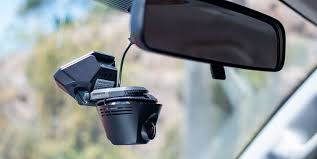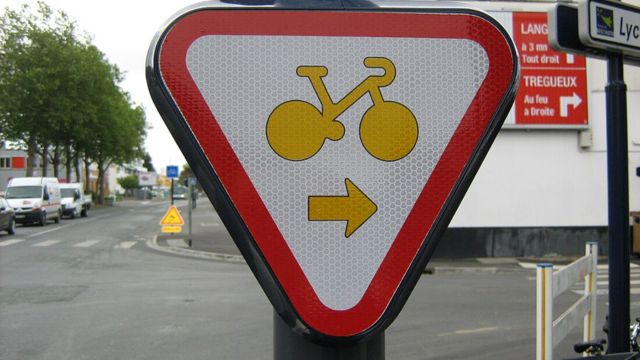Massachusetts Dash Cam Regulations: Key Facts for Drivers in 2024. As drivers attempt to protect themselves by having recorded evidence during accidents or commutes, dash cams are growing in popularity in Massachusetts.
Dash cams can be a source of comfort, but you should be aware of Massachusetts’s rules regarding their use to ensure that you are abiding by them.
Use of Dash Cams Is Legal
In Massachusetts, dash cameras are permitted, and many drivers use them to record their travels, particularly in crowded areas like Boston. In Massachusetts, however, dash cams treat audio differently because it is a two-party consent state.
It is illegal to record someone’s voice without that person’s consent. The driver may be unintentionally breaking the law if the passengers have not granted authorization for the dash cam to record sounds and conversations within the vehicle.
Because of this, many drivers in Massachusetts either use dash cams that only capture video or, if their dash cams can record audio, they turn it off.
This technique ensures that video is captured for personal safety or insurance purposes without violating state law.
Dash cam placement within the car
Like many other jurisdictions, Massachusetts has regulations governing the placement of dash cams in automobiles to prevent them from obstructing the driver’s view.
Anything that potentially obstruct a driver’s view of the road is prohibited by the Massachusetts General Law on Windshield Obstructions.
Dash cams should therefore be positioned so that they do not obstruct the driver’s view via the windshield.
Popular and authorized parking spots are the lower corner of the windshield on the passenger side or the upper center of the windshield close to the rearview mirror.
You are less likely to receive a ticket or fine for visual impairment if you install your dash cam in one of these locations. To keep the dash cam from getting in the way while you are driving, it is also recommended to turn off the screen.
Privacy Issues
There are privacy concerns when using a dash cam in Massachusetts, particularly if you intend to record outside of your car.
Although it’s usually acceptable to shoot video in public areas, exercise caution if your dash cam records someone on private property or if you record while driving with passengers.
Because of Massachusetts’ stringent privacy regulations, intentionally filming someone in private without that person’s consent may result in legal problems.
Furthermore, it can be considered a privacy violation to share or publish dash cam footage online without the participants’ permission, particularly if it shows private discussions or recognizable people.
Dash cams’ advantages for drivers
It is evident that dash cams are beneficial for drivers in Massachusetts despite these legal concerns. They offer reliable evidence in the event of an accident, an insurance claim, or a traffic dispute, which is particularly helpful in high-traffic regions.
Dash cams can swiftly record information that could help stop claims or settle them more quickly, so some insurance firms even grant drivers discounts if they have them.
Important Takeaways
Turn off audio recording: Due to Massachusetts’s two-party consent law, you must obtain both parties’ consent before recording a conversation.
Make sure your dash cam is positioned carefully to avoid obstructing your view or being a distraction.
Respect others’ privacy: Before sharing or photographing someone in your car or on private property, give it some thought.


 by
by 




